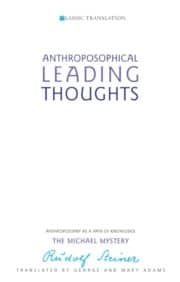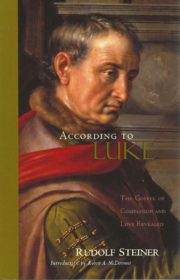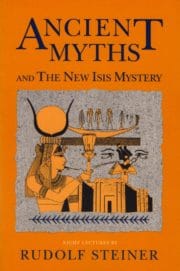Rudolf Steiner (1861 – 1925) became a respected and well-published scientific, literary, and philosophical scholar, particularly known for his work on Goethe’s scientific writings. At the beginning of the twentieth century, he began to develop his earlier philosophical principles into an approach to methodical research of psychological and spiritual phenomena. His multifaceted genius has led to innovative and holistic approaches in medicine, philosophy, religion, education (Waldorf schools), special education (the Camphill movement), economics, agriculture (biodynamics), science, architecture, and the arts (drama, speech and eurythmy). In 1924 he founded the General Anthroposophical Society, which has branches throughout the world.
This full-scale, classic biography of Rudolf Steiner by Stewart Easton is the first one written in English. It shows how Steiner’s thought and work developed year by year and provides background to his various books, lectures, artistic achievements, and activities. At the same time, the reader gets to glimpse the man himself, the unique personality who founded anthroposophy and whose influence is still increasing seventy-five years after his death.
About the Author
Stewart C. Easton (1907–1989) was born in Cheadle, UK, and received his doctorate in history from Columbia University, New York City, and taught for many years at the City College of New York. He was a General Secretary of the Anthroposophical Society in America and wrote numerous books and articles on Anthroposophy.













Reviews
There are no reviews yet